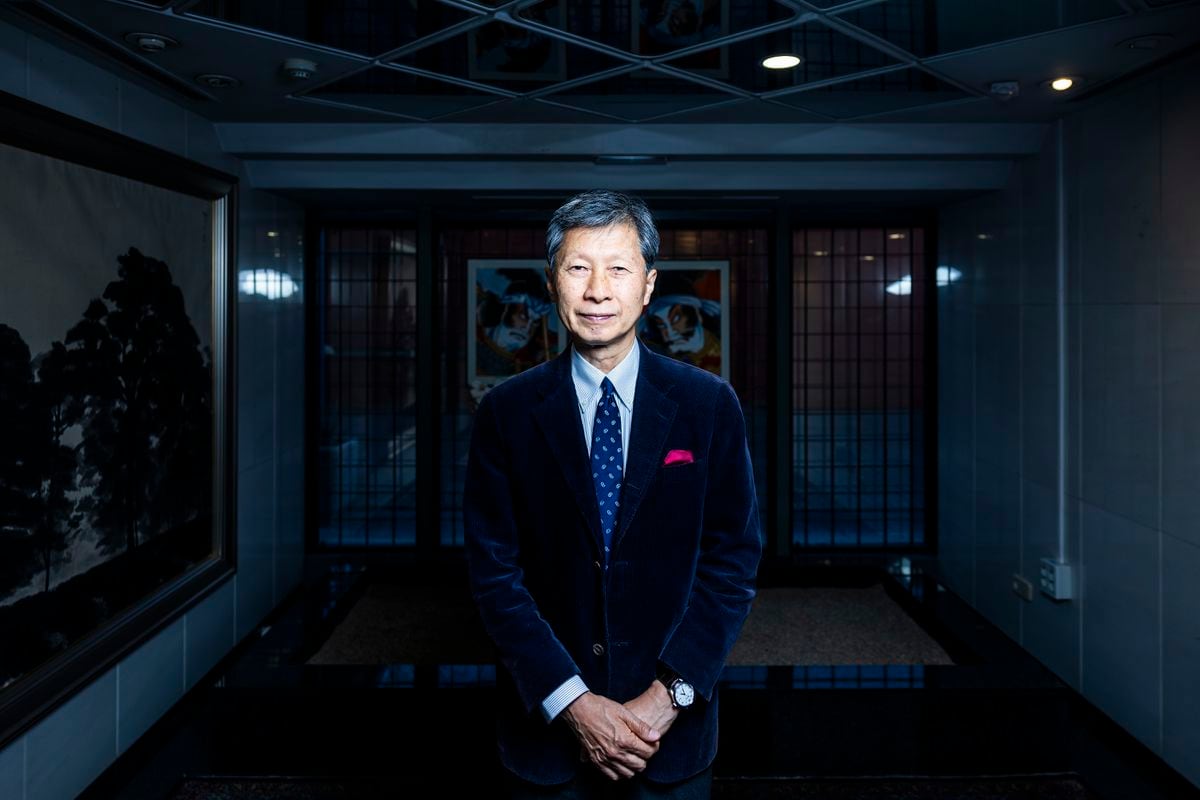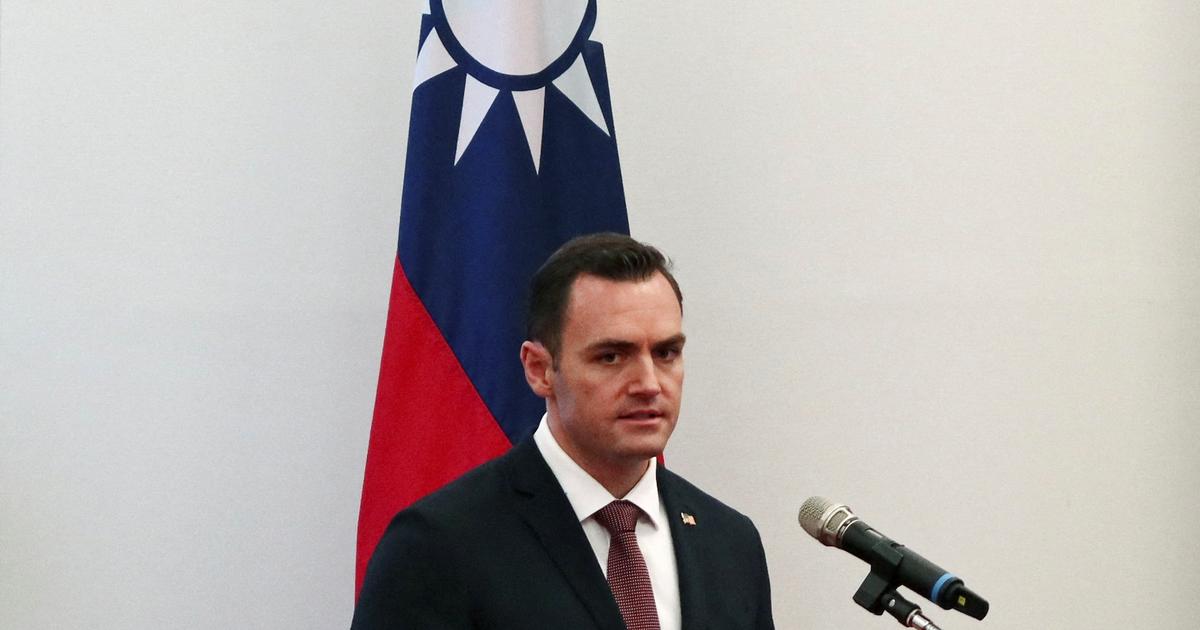China proclaims that Taiwan is “an internal matter”, but if the visit to Taipei by the Speaker of the House of Representatives, Nancy Pelosi, this week, has shown us anything, it is that it is impossible to manage it apart from the actions of other important actors, especially the United States.
After the turbulent term of Donald Trump, which marked a turning point in the Sino-American relationship according to the canons defined four decades ago, with Joe Biden in the White House a dialogue that was neither less frank nor less harsh was rehearsed, with crossed accusations on the most diverse topics, but with signs of channeling the relationship along a path under the control of both parties.
The meetings in Anchorage, Zurich or Rome between the teams of Yang Jiechi, the head of Chinese foreign policy, and the National Security Adviser, Jake Sullivan, as well as the virtual dialogue at the summit between the leaders of both countries, were aimed at mission to prioritize rationality and establish wild cards for its preservation.
And there has been both resistance and progress,
And it is that Pelosi's visit to Taiwan questions all that effort and threatens to reverse said logic, to the point of representing a problem not only for Xi Jinping or Biden, but also for the authorities of the ruling Minjindang or Democratic Progressive Party of Taiwan. .
We can deduce that China will try to maximize this bad idea, described as such by Biden himself, and take advantage of it.
A battery of response measures can be expected in various orders that will transcend the military maneuvers of recent days.
The Hong Kong crisis and the resulting outcome are evoked, marked by a substantial increase in political control over the region.
Taiwan is not Hong Kong, true, but it still has mechanisms within its reach here to advance in the realization of its main interest, which is none other than reunification.
The risk of a fatal escalation could be confirmed in the coming weeks if, as is foreseeable, China follows that path and the US, as can be imagined, responds along the same lines.
In such a situation, that virtuous dialogue, although the channels of contact remain open,
Xi's predictable inflexibility gives him an opportunity to solidify his aspirations for a third term as head of the country and the Communist Party, which everyone already took for granted.
The crisis that has arisen encourages a nationalist outburst among its population that can be managed depending on the situation, either by activating it or moderating it.
In parallel, the same can be done with the speech about Taiwan.
If he appealed to the historical context in his last dialogue with Biden, the statement or not of deadlines for reunification, the allusion to the use of force to achieve it or the commitment to the
status quo
They will be indicators of how much influence this visit has been able to initiate a "new era", using the preferred expression to symbolize Xi's mandate, in this too.
The extreme tension generated is an ingredient that harms its possible adversaries, silencing possible criticism.
A long-range vision
However, China is also indebted to a strategic view, both in relation to the United States and Taiwan.
First, what he still needs is stability (and if it stops being an obsession, it is that there really are more serious internal problems in China than he lets on).
Second, it needs to recover a consensus with the US to put some brake on Taiwan.
Only the United States has the necessary influence to do so.
And this is the most complex when the strategic rivalry between the two capitals is accentuated and the perception grows that this situation is imposed on other issues of importance to both, but also to third parties (from the fight against climate change to maintaining a minimum stability in the global economy).
The US legislature has been the stinger, in this last stage, of numerous measures that China interprets as defiant and that it indicates as indications that Washington is moving away from the principle of
one China
, developing a policy that in fact empties it of content. .
The elevation of ties with Taiwan is their common denominator, as well as the warning to those small countries with which Taiwan maintains diplomatic relations.
If the US chooses to encourage secessionism - and there are signs that this may be the case - we may be headed straight for open conflict.
In this sense, the Chinese reaction seems to point to the fact that this possibility is no longer a taboo, significantly increasing the risks of it occurring at a relatively close moment.
In Taiwan, the authorities' celebration of Pelosi's visit, which undoubtedly represents a very notable boost to her position of open rejection of continental claims, is now followed by the need to manage a crisis to a certain extent
imposed
.
Taiwanese Prime Minister Su Tseng-chang himself was forced to make it clear publicly that he was not opposed to the visit.
It remains to be seen what political-electoral reflection the foreseeable worsening of the situation in the local elections in November can have and how the Government in Taipei transforms China's angry reaction into a beneficial one, combining internal polarization with a growing expression of international solidarity.
Paradoxically, this situation compromises the margin of slack with which the independentistas can make truly independent decisions.
China has been unable to stop Pelosi's visit.
The question now is to know if the United States will be able to contain and even prevent its reaction from substantially altering the
status quo,
preventing us from getting dangerously close to that scenario that could force President Biden to make effective the commitment announced, on two occasions, to go in defense of Taiwan.
Xulio Ríos
is director of the Chinese Policy Observatory.
He has published
Taiwan, the problem of China
(Cataract) and
Taiwan, a crisis in the making
(Popular).
Follow all the international information on
and
, or in
our weekly newsletter
.
50% off
Subscribe to continue reading
read without limits
Keep reading
I'm already a subscriber

/cloudfront-eu-central-1.images.arcpublishing.com/prisa/FQHYQNEW43NNJWPOFSEPIMPZCI.jpg)











